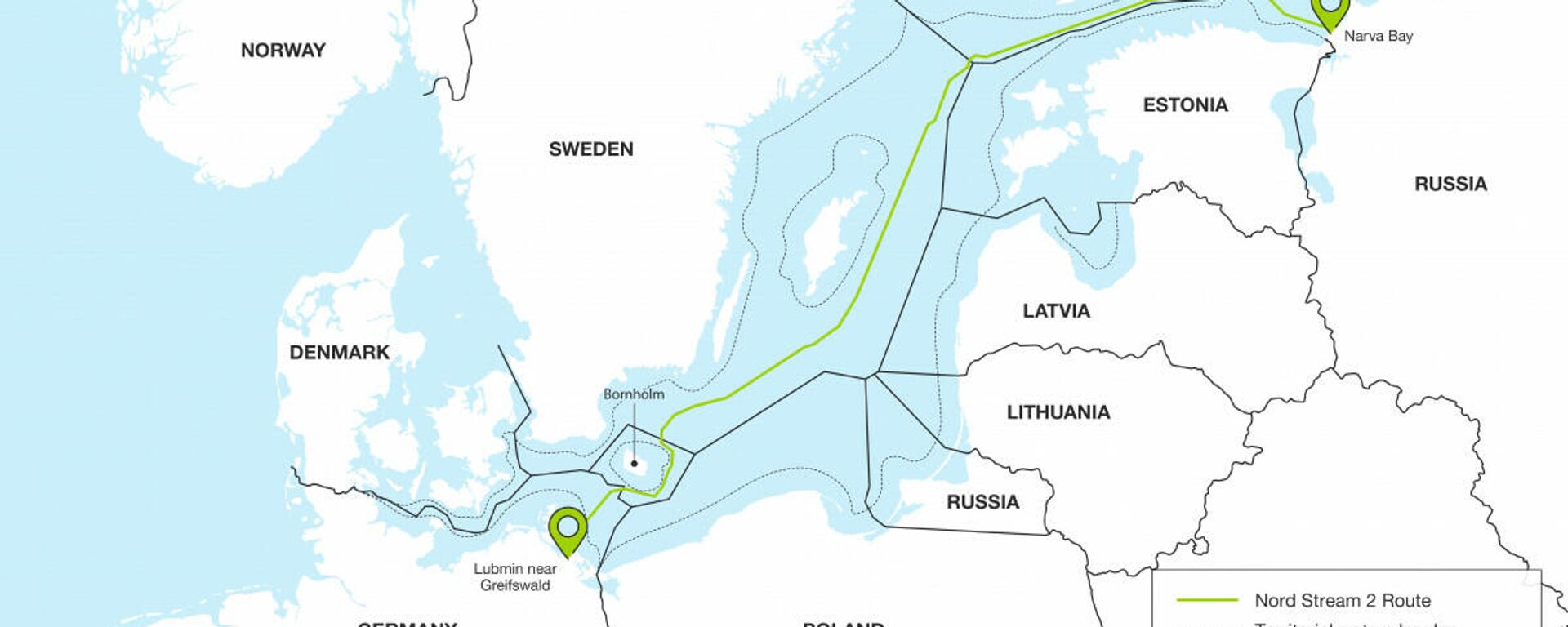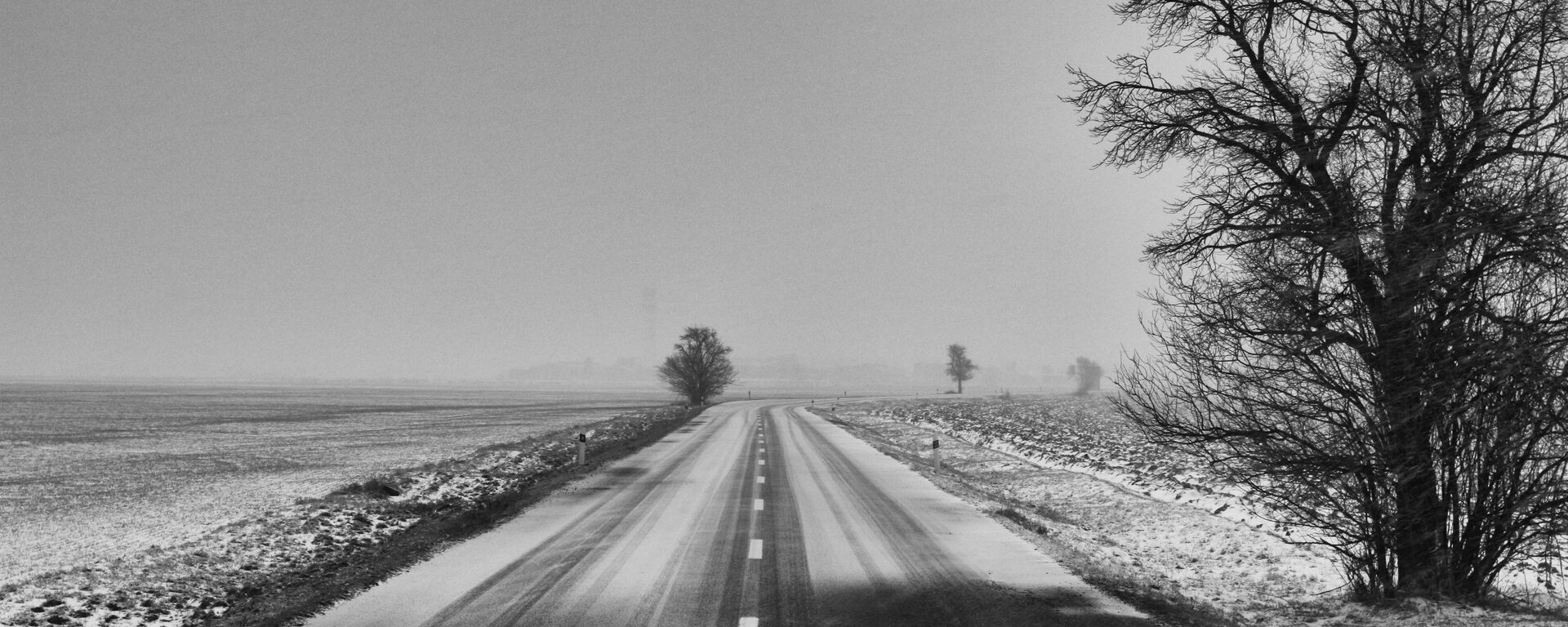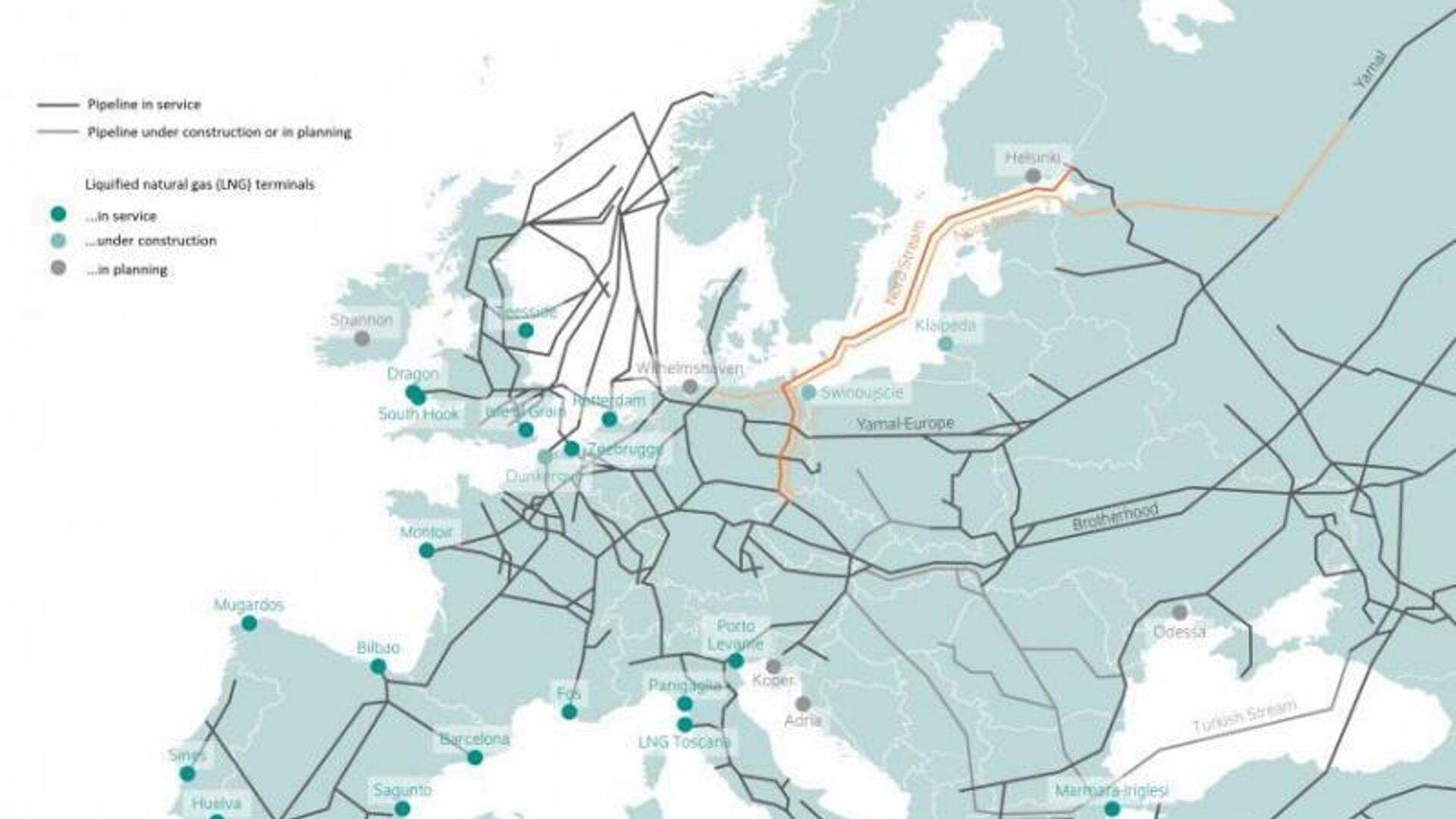https://sputnikglobe.com/20211015/us-asks-russia-to-do-more-for-eus-energy-security-after-spending-years-sabotaging-nord-stream-2-1089948366.html
US Asks Russia to ‘Do More’ for EU’s Energy Security After Spending Years Sabotaging Nord Stream 2
US Asks Russia to ‘Do More’ for EU’s Energy Security After Spending Years Sabotaging Nord Stream 2
Sputnik International
On Wednesday, Russian President Vladimir Putin brushed off US claims that Moscow was responsible for Europe’s energy crisis, pointing out that Moscow has... 15.10.2021, Sputnik International
2021-10-15T11:52+0000
2021-10-15T11:52+0000
2021-10-15T12:03+0000
europe
russia
america
gas
prices
supplies
https://cdn1.img.sputnikglobe.com/img/07e5/0a/06/1089711317_0:100:800:550_1920x0_80_0_0_ac635fc3c5e90478b59272b50350b66c.jpg
US undersecretary of state Wendy Sherman has called on Russia to step up its efforts to ensure Europe’s energy security ahead of winter.“Deputy Secretary Sherman called on Russia to do more to ensure European energy security while also echoing [US climate] Secretary [John] Kerry’s call for it to submit a strengthened nationally determined contribution under the Paris Agreement by the time COP 26 meets on October 31,” the State Department said in a press release.The statement followed a meeting between Sherman, undersecretary of state for economic affairs Jose Fernandez and Russian Deputy Foreign Minister Alexei Overchuk on Thursday to discuss bilateral relations between Russia and the US.Sherman’s request comes after years of efforts by Washington to suffocate the recently completed Nord Stream 2 gas pipeline via sanctions, pressure on regional allies, and environmentalism-based machinations to try to sabotage the project.The pipeline, which is expected to become technically ready for operation in the coming days, pending German and European Union regulatory approval, promises to deliver up to an additional 55 billion cubic meters of Russian gas to a hub in Germany each year, thereby doubling the capacity of the Nord Stream network, and complementing supplies sent through existing ground-based pipelines running through Belarus and Ukraine.Sherman’s comments follow weeks of claims by US officials that Russia was somehow responsible for the gas shortages and the corresponding spike in energy prices facing Europe. Late last month, Amos Hochstein, a senior advisor to the State Department on energy security issues, said that the US was “concerned” about Europe running out of gas for heating and power this winter, and blamed Russia’s alleged “inexplicably low” deliveries of gas compared to previous years, especially deliveries through Ukraine.US National Security Advisor Jake Sullivan echoed the State Department’s allegations, accusing Moscow of using its energy resources as a “weapon.” Russian officials vocally denied the allegations, with the Kremlin saying that all of Russia’s European energy partners have conceded that Moscow is fully implementing its supply obligations, willing to ramp up supplies further if asked at a moment’s notice.Deputy Foreign Minister Sergei Ryabkov called Sullivan’s claims “shameless,” telling the BBC last week that Russia has been and remains “the most reliable and safe supplier of natural resources” to Europe, and is ready to cooperate with regional nations to stabilize prices.President Vladimir Putin commented on the issue on Wednesday, stressing that systemic flaws in Europe’s energy sector, not Russia, were to blame for the current supply crisis, and that it wasn’t worth trying to “lay one’s own fault at someone else’s door.”Moscow, Putin pointed out, has increased its gas sales by 15 percent this year, even as the US, which has blamed Moscow for the crunch, has reduced their LNG deliveries to Europe. Putin stressed that Russian energy producers were interested in stable, long-term prices, not short-term profits, since high prices would inevitably cause “negative consequences for everyone, including producers,” over the long term if industries and utilities were forced to reduce consumption or shut down altogether. On Friday, Deputy Prime Minister Alexander Novak said that Gazprom was ready to further grow its gas production capacity if Europe increased its volume of long-term contracts with the Russian gas giant.Europe’s gas supply crunch has a number of objective factors, including a new-found preference for short-term contracts with suppliers, depleted gas reserves caused by an unusually cold winter of 2020-2021 and the failure to refill them sufficiently ahead of the new heating season, market speculation, intense competition for supplies with Asia, and a poorer than expected payoff on investments into alternative sources of energy such as solar and wind power.Russia accounts for up to half of Europe’s gas supplies. Norway, Algeria and Qatar contribute more than a quarter of the rest.
https://sputnikglobe.com/20211006/russian-deputy-prime-minister-says-nord-stream-2s-completion-will-help-cool-situation-on-gas-market-1089716832.html
https://sputnikglobe.com/20211006/cold-winter-drained-europes-gas-reserves-helping-to-create-current-crisis-putin-says-1089709034.html
russia
Sputnik International
feedback@sputniknews.com
+74956456601
MIA „Rossiya Segodnya“
2021
News
en_EN
Sputnik International
feedback@sputniknews.com
+74956456601
MIA „Rossiya Segodnya“
Sputnik International
feedback@sputniknews.com
+74956456601
MIA „Rossiya Segodnya“
europe, russia, america, gas, prices, supplies
europe, russia, america, gas, prices, supplies
US Asks Russia to ‘Do More’ for EU’s Energy Security After Spending Years Sabotaging Nord Stream 2
11:52 GMT 15.10.2021 (Updated: 12:03 GMT 15.10.2021) On Wednesday, Russian President Vladimir Putin brushed off US claims that Moscow was responsible for Europe’s energy crisis, pointing out that Moscow has increased its gas deliveries to the region by 15 percent, while countries including the United States had paradoxically reduced their energy sales.
US undersecretary of state Wendy Sherman has called on Russia to step up its efforts to ensure Europe’s energy security ahead of winter.
“Deputy Secretary Sherman called on Russia to do more to ensure European energy security while also echoing [US climate] Secretary [John] Kerry’s call for it to submit a strengthened nationally determined contribution under the Paris Agreement by the time COP 26 meets on October 31,” the State Department said in a
press release.
The statement followed a meeting between Sherman, undersecretary of state for economic affairs Jose Fernandez and Russian Deputy Foreign Minister Alexei Overchuk on Thursday to discuss bilateral relations between Russia and the US.
Sherman’s request comes after years of efforts by Washington to suffocate the recently completed Nord Stream 2 gas pipeline via sanctions, pressure on regional allies, and environmentalism-based machinations to try to sabotage the project.
The pipeline, which is expected to become
technically ready for operation in the coming days, pending German and European Union regulatory approval, promises to deliver up to an additional 55 billion cubic meters of Russian gas to a hub in Germany each year, thereby doubling the capacity of the Nord Stream network, and complementing supplies sent through existing ground-based pipelines running through Belarus and Ukraine.
Sherman’s comments follow weeks of claims by US officials that Russia was somehow responsible for the gas shortages and the corresponding spike in energy prices facing Europe. Late last month, Amos Hochstein, a senior advisor to the State Department on energy security issues,
said that the US was “concerned” about Europe running out of gas for heating and power this winter, and blamed Russia’s alleged “inexplicably low” deliveries of gas compared to previous years, especially deliveries through Ukraine.
US National Security Advisor Jake Sullivan echoed the State Department’s allegations,
accusing Moscow of using its energy resources as a “weapon.” Russian officials vocally denied the allegations, with the Kremlin saying that all of Russia’s European energy partners have conceded that Moscow is fully implementing its supply obligations, willing to ramp up supplies further if asked at a moment’s notice.
Deputy Foreign Minister Sergei Ryabkov called Sullivan’s claims
“shameless,” telling the BBC last week that Russia has been and remains “the most reliable and safe supplier of natural resources” to Europe, and is ready to cooperate with regional nations to stabilize prices.
President Vladimir Putin
commented on the issue on Wednesday, stressing that systemic flaws in Europe’s energy sector, not Russia, were to blame for the current supply crisis, and that it wasn’t worth trying to “lay one’s own fault at someone else’s door.”
Moscow, Putin pointed out, has increased its gas sales by 15 percent this year, even as the US, which has blamed Moscow for the crunch, has reduced their LNG deliveries to Europe. Putin stressed that Russian energy producers were interested in stable, long-term prices, not short-term profits, since high prices would inevitably cause “negative consequences for everyone, including producers,” over the long term if industries and utilities were forced to reduce consumption or shut down altogether.
On Friday, Deputy Prime Minister Alexander Novak said that Gazprom was
ready to further grow its gas production capacity if Europe increased its volume of long-term contracts with the Russian gas giant.

6 October 2021, 15:55 GMT
Europe’s gas supply crunch has a number of objective factors, including a new-found preference for short-term contracts with suppliers, depleted gas reserves caused by an unusually cold winter of 2020-2021 and the failure to refill them sufficiently ahead of the new heating season, market speculation, intense competition for supplies with Asia, and a poorer than expected payoff on investments into alternative sources of energy such as solar and wind power.

6 October 2021, 11:51 GMT
Russia accounts for up to half of Europe’s gas supplies. Norway, Algeria and Qatar contribute more than a quarter of the rest.



